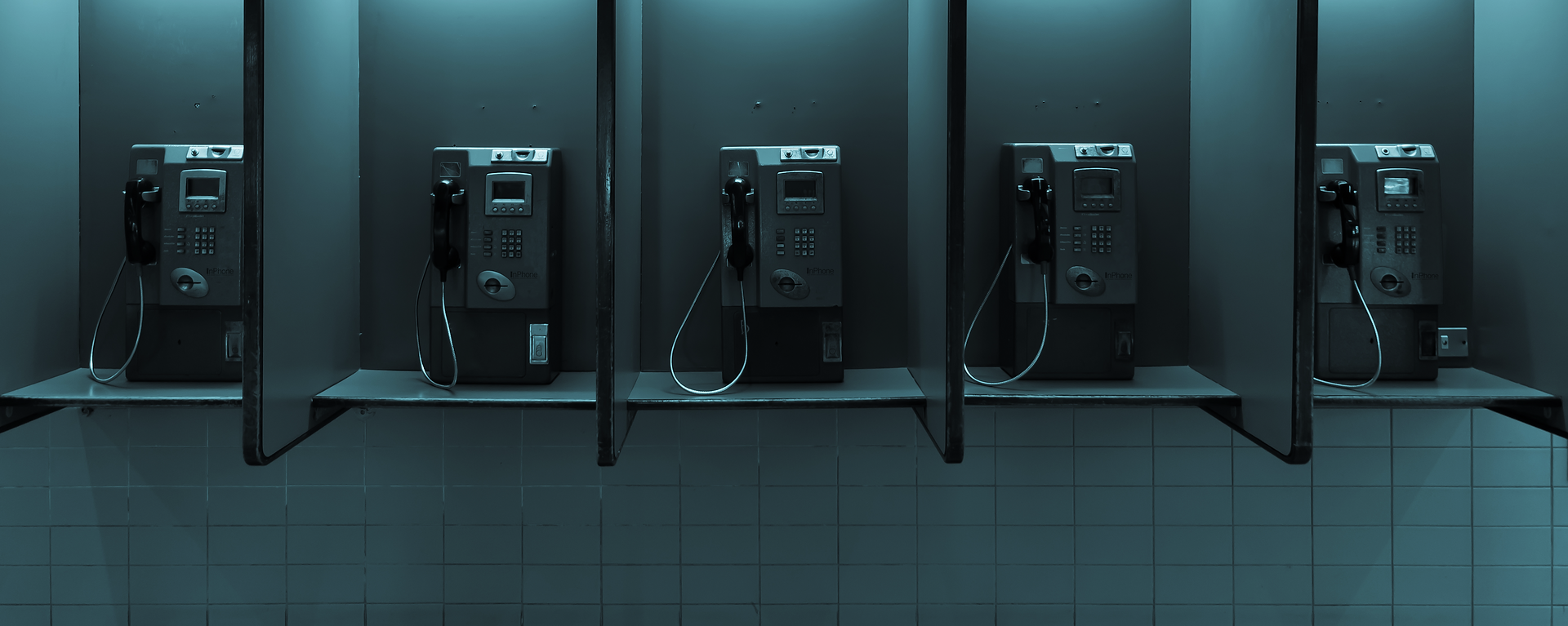Rehabilitation starts with ‘Hello’.
- markm555
- Aug 10, 2021
- 3 min read

Hello!
One short word that can start a million conversations and one that marks the first step in rebuilding a relationship or reconnecting with someone.
But could you imagine a world where you never say hello, hey, or hi again? A world without new conversations, a world without communication. Unfortunately, for many inmates, this is their reality. The effects of the Covid pandemic have led to correctional facilities ending in-person visits and invertedly cutting inmates off from the outside world, their families, friends, and loved ones. So how are inmates supposed to rehabilitate and stay in touch with society if they can't even take the first step?
What do the experts say?
Experts have long believed that communication is vital for an inmate's rehabilitation. The UK's Ministry of Defence released a report that concluded those who receive visits and maintain family ties are 39% less likely to re-offend.
But when it comes to rehabilitation, there are often more factors at play.
Dr. Lorna Brookes, who runs Time Matters, says regular contact also alleviates the effects of prison sentences on those left on the outside, especially children. It reduces their separation anxiety, it reduces their worry about their parents' well-being, and it can also reduce the sense of isolation that they often feel. It's estimated that parental imprisonment affects around 310,000 children in the UK.
The importance of investing in communication
These findings lead us to ask why so little has been done to address this communication problem.
Many correctional facilities worldwide either don't offer inmates access to phones or use old, almost obsolete technology.
By restricting access to communication, inmates often experience higher levels of stress and anger. This lack of contact harms their rehabilitation.
We live in a modern world full of technological advancement, yet little seems to be advancing with communications in correctional facilities but, investing in correctional facilities isn't just investing in the future of inmates. It is also an investment for society.
A bigger conversation
But investing in communication doesn't just bring the cost down and help rehabilitation. It also keeps inmates in touch with society and gives them reasons to stay out of prison and give back instead of taking away from it.
In most correctional facilities, inmates are only allowed access during particular hours and have an allowance of 20 minutes daily. With around 20-30 inmates per block, many phone calls get missed, and a missed phone call can be hugely stressful for both the inmate and their loved ones.
So more must be done.
Frequent communication helps an inmate stay connected with their support network. This contact is vital, and staying in touch with loved ones, family, and friends’ inmates reduces the need to return to crime to pay the bills.
If inmates are to fix broken relationships as a part of their rehabilitation, this progress shouldn't be stopped short by a lack of technology.
Say Hello to InPhone
At BSW International, we are one of the few companies investing in technology for correctional facilities. Our latest solution, the InPhone system, is a smart payphone that gives inmate's the freedom to make phone calls when they want and puts prison services in complete control.
InPhone is installed easily in correctional facilities worldwide, and, working with local partners, we have already installed the system in correctional facilities in Ghana, Czech Republic, Mexico, Uganda, and Brazil.
We provide secured communications to the outside world with the ability to monitor each call in real-time. Our system gives inmates access at all times of the day, and if they miss a call, we have a voicemail service that means inmates can still pick up vital messages and never miss a call.
We believe that proper communication is the answer to improved rehabilitation and lower recidivism. If you want to find out more, we'd love to hear from you.





Comments